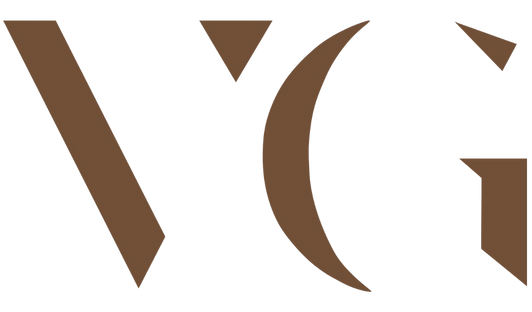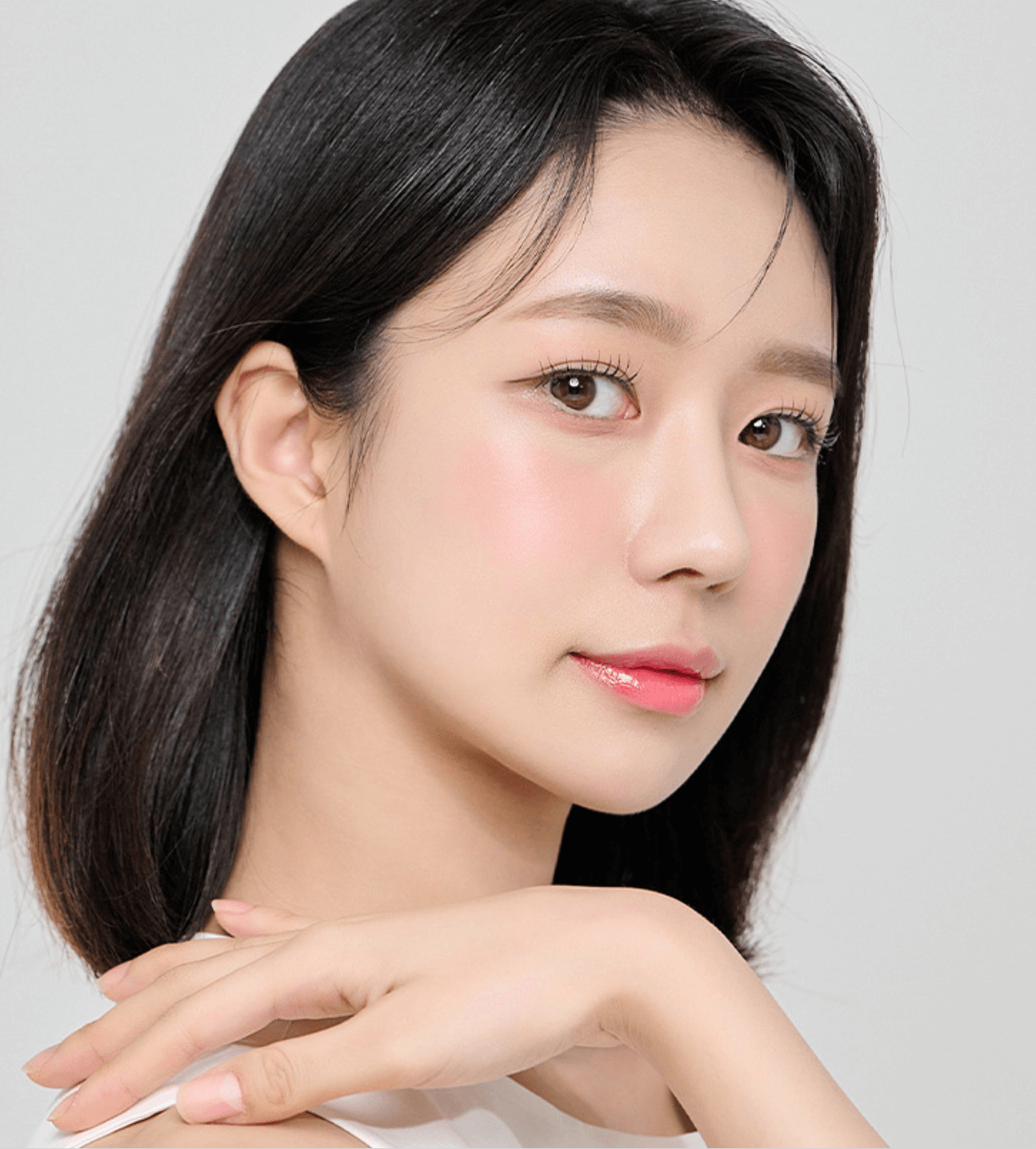TCA CROSS in Gangnam –
Targeted Scar Revision for Deep Ice Pick Scars
Some acne scars—especially deep, narrow ones like ice pick scars—require more than surface-level treatment. TCA CROSS (Chemical Reconstruction of Skin Scars) is a highly targeted dermatologic technique used in Gangnam clinics to visibly improve stubborn, atrophic acne scars using trichloroacetic acid. This method stimulates deep collagen remodeling and is often combined with other therapies for optimal skin smoothing.
🔹 What Is TCA CROSS?
TCA CROSS stands for Trichloroacetic Acid Chemical Reconstruction of Skin Scars. It involves the application of a high-concentration TCA solution (typically 50–100%) directly into individual acne scars, primarily ice pick or boxcar scars. The chemical causes controlled injury within the scar base, triggering a regenerative healing response and the formation of new collagen that lifts and smooths the scar from within.
🔹 What Types of Scars Can Be Treated?
TCA CROSS is particularly effective for:
- Ice pick scars: Narrow, deep, puncture-like scars
- Boxcar scars with well-defined edges
- Atrophic scars that do not respond well to lasers or peels
- Mixed acne scars, when combined with other techniques
This method is not typically used for hypertrophic or keloid scars.
🔹 How Does TCA CROSS Work?
The dermatologist applies a tiny drop of concentrated TCA into each scar using a fine applicator, such as a toothpick or microneedle tip. The acid causes a frosted white reaction, indicating protein coagulation. Over the next few days, the area forms a small scab and begins healing. As the skin regenerates, fibroblasts produce new collagen, slowly elevating the scar and improving texture.
🔹 Who Is a Good Candidate?
TCA CROSS is ideal for:
- Individuals with deep ice pick or narrow atrophic scars
- Patients who have tried resurfacing treatments with limited scar improvement
- Those looking for focused revision without full-face treatment
- People who can follow consistent aftercare to support healing
- Suitable for light to medium skin tones (darker tones require careful assessment)
🔹 What Is the Procedure Like?
- Duration: 15–30 minutes depending on the number of scars
- Pain Level: Mild to moderate; numbing cream may be applied
- Treatment Course: Usually 3–6 sessions, spaced 4–6 weeks apart
- Combination: Often paired with microneedling, laser, or PRP to treat multiple scar types
It’s a precise, outpatient procedure with minimal setup.
🔹 Post-Treatment & Recovery
- Treated spots form tiny scabs within 24–48 hours, which fall off in 5–7 days
- Temporary redness or darkening may occur before skin evens out
- No picking or exfoliating allowed during the healing phase
- Sun protection is essential to avoid post-inflammatory pigmentation
Makeup can usually be applied once the scabs have naturally fallen off.
🔹 When Will I See Results?
- Early collagen remodeling may begin after 2–3 weeks
- Visible improvement often seen after 2–3 sessions
- Full benefits emerge gradually over 3–6 months as collagen builds
- Results are cumulative and may continue to improve with adjunctive treatments
🔹 Key Benefits of TCA CROSS
- Directly targets deep, treatment-resistant scars
- Stimulates natural collagen regeneration
- Minimal downtime with precise, localized care
- Can be safely repeated and combined with other treatments
- Cost-effective compared to full resurfacing for isolated scars
✨ Why Choose TCA CROSS at a Gangnam Skin Clinic?
- Skilled dermatologists experienced in scar subtyping and treatment
- Proper technique using medical-grade TCA and sterile tools
- Customized treatment plans with supportive therapies (e.g., PRP, laser)
- Bilingual staff and care coordination for overseas patients
- Transparent consultation and personalized aftercare guidance
Precision Scar Revision—One Scar at a Time
For deep acne scars that resist conventional treatments, TCA CROSS offers a focused, evidence-backed solution. If you're seeking a specialized approach to refining your skin’s texture, schedule a consultation with a trusted Gangnam clinic and explore whether this advanced scar technique is right for you.


